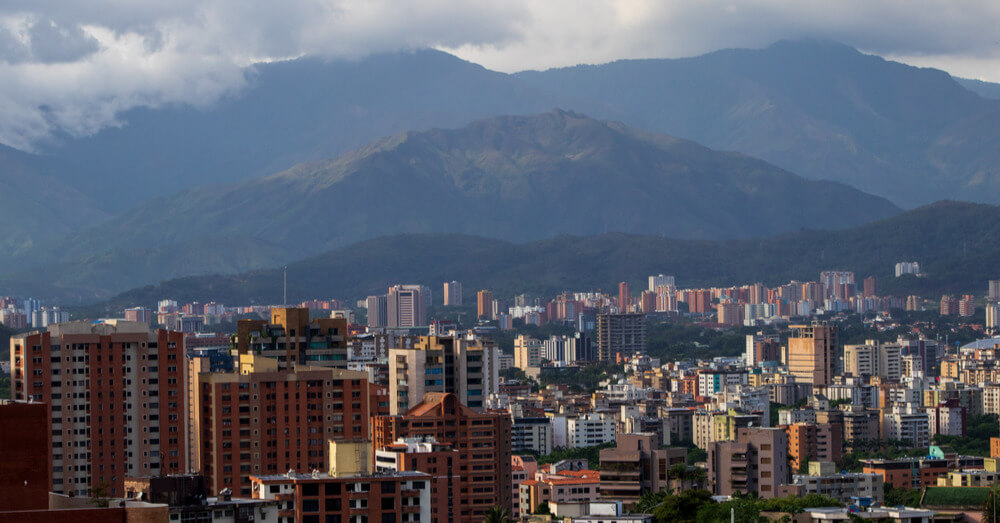
The satellite technology will allow users in the country to broadcast Bitcoin transactions without using the internet
Venezuela has deployed its first Bitcoin satellite node. The satellite is capable of processing cryptocurrency transactions without connection to the internet.
The Venezuelan space node was set up in the country by Anibal Garrido and the Anibal Cripto team. The node uses technology from Blockstream, which contracts satellites to broadcast data from one point to another with the help of offline connections. In this case, the EUTELSAT-113 is being used to connect the satellite node.
This is an important step forward in Venezuela, where internet connection is scarce.
The idea to set up the satellite node originated from Cryptobuyer, a startup in Latin America focused on offering cryptocurrency-based payment solutions.
The Chief Executive Officer (CEO) of the company, Jorge Farias, stated that they began operating in Venezuela so they could tackle the country’s connectivity problems.
“We started in Venezuela because of the obvious connectivity problems and Cryptobuyer is always looking for a way to be resilient to these kinds of problems by anticipating any possible contingency,” Farias said.
Anibal Garrido explained that the technology works because the node on the ground receives the data packet through satellite, which is directly from the connection provided by Blockstream. In the future, he revealed plans to expand access by deploying technology akin to a mesh network that can broadcast data between a variety of devices.
The company plans on deploying three antennas around the country, with the first node launched in Valencia. The other city will be deployed in Caracas, the capital city of Venezuela, and Puerto Ordaz.
Cryptobuyer revealed that their first location, Valencia, was chosen because it is an industrialised city but does not have many tall buildings that could block the signal.
The project has the potential to help increase the usability of Bitcoin in a country that has subpar technological infrastructure. Venezuela has some of the slowest internet speeds on the continent and electricity service has been known to fail, which leaves large portions of the country without power.
Farias believes that in the event of an internet failure, the presence of the antenna makes it possible to pay with Bitcoin in remote areas. The likelihood of this would increase once they have the capacity to deploy a mesh system that communicates with the Blockstream satellite.
Even though the country is challenged with political and economic instability, Venezuela ranks first among all Latin countries when it comes to cryptocurrency adoption.

